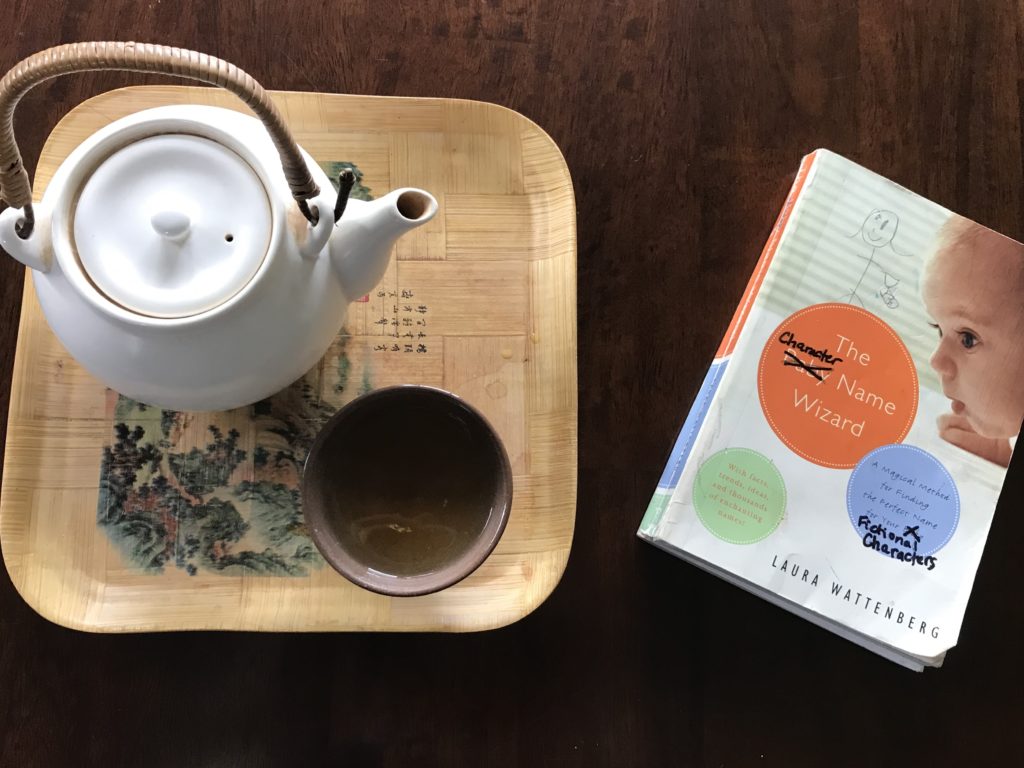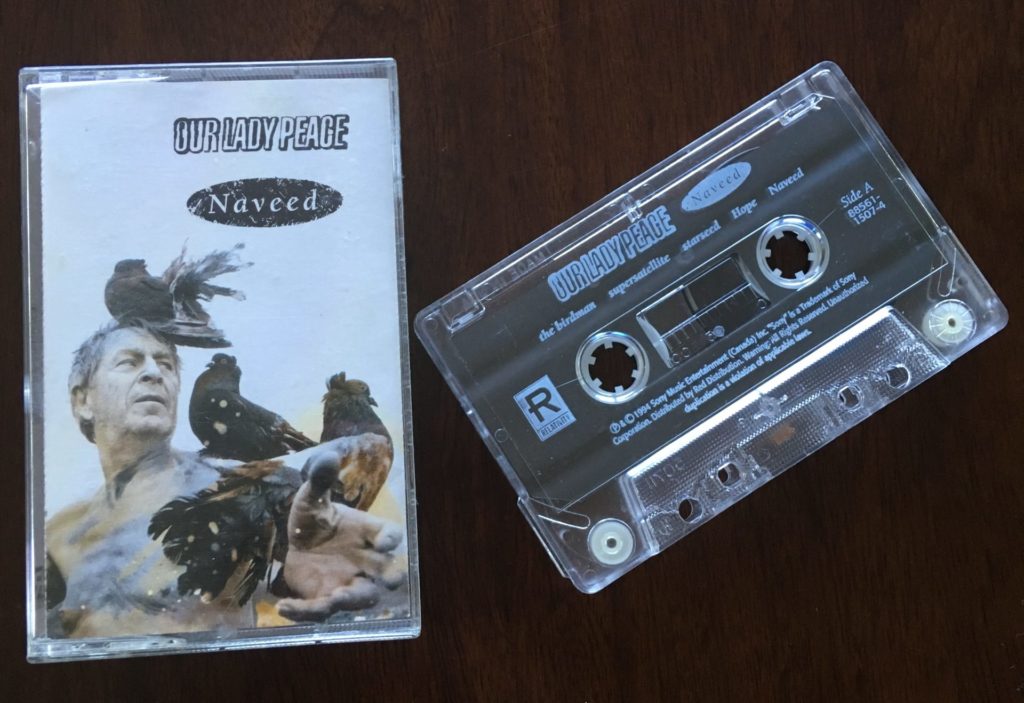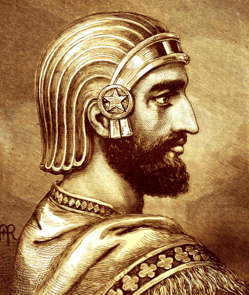Trust me – I’ve done both things! The stakes are admittedly lower when choosing the perfect name for a fictional creation compared to an actual human. But I’ve put nearly as much thought into naming my characters as I did my children.
There are a few advantages with character naming, of course. They’re much easier to change, so you can always reconsider them once you’ve gotten to know the character. All four of the main characters in the Call of the Crow Quartet have evolved over the years, and it took some time for their names to settle into their final forms.
Andi Lin
林 安地
In the beginning, this character was known as Alex, though her full name was Alexandria. But, for a while there, it seemed like every YA book I read had a female protagonist named Alex. So I looked for an option that was a bit more unique. Since her maternal family is Taiwanese, I wanted to find something that would also work as a Chinese name.
My go-to source for names is a book I picked up at Goodwill years ago, The Baby Name Wizard. (Soon after bringing it home, I crossed out “Baby” on the front cover and replaced it with “Character,” lest a visitor see it lying around the house and get the wrong idea. My daughter also decorated the book with a charming stick figure.)

It’s a bit dated now, and limited in options for certain cultures and countries. But I love that it takes into account a name’s popularity over time, which is helpful when naming across generations.
After combing through The Baby/Character Name Wizard, I decided to stick with Alexandria, but shorten it to Andi instead of Alex. I was quite excited when I found out that both “ān” and “dì” are Chinese characters, so it all fell very neatly into place. True, “ān” isn’t pronounced quite the same way as the first syllable of “Andi” in English, but I figured this wasn’t critical. Her name would be pronounced differently in Mandarin anyway since it’s a tonal language.
So, as written in Chinese, Andi’s name is 林 安地. The first character is her family name, Lin, which was suggested by my dear friend (who provided lots of valuable feedback and advised on the Taiwanese aspects of the manuscript). It means “forest,” and the character even looks like two trees, a little detail I just love. The second character, ān, means content or calm or peaceful. The third, dì, means earth or soil. So there you have it: a many-layered and very grounded name that, in my opinion, fits this character perfectly.
Naveed Mirzapour
نوید میرزاپور
In Persian, Naveed means “bringing good news.” Which, considering his storyline, may seem a little ironic—but wasn’t the meaning of the name that drew me to it so much as a personal connection that goes back to my own high school days.

The summer before I started high school, the song “Naveed” by the Canadian rock band Our Lady Peace was in heavy rotation on our local alternative radio station. I loved it then, and I love it still. There’s something about the soaring chorus that gives it a hopeful tone despite the dark lyrics, and every time I hear the song it takes me right back to the teenager I once was. This bridge to the past, the reconnection with the person I used to be during those challenging high school years, was essential for me to channel while writing.
I debated whether to include some mention of the song in the book. Andi’s dad would certainly have been familiar with it, since he was well-versed in the mid-90s alt-rock scene. But in the end, I decided to leave it as a tiny Easter egg for those in the know (which now includes all of you!).
I also went back and forth about how to transliterate this name. Most often, I’ve seen it spelled “Navid,” but I decided to use the double-e instead, in order to make the pronunciation a little clearer for non-Persian speakers. (It still is a little tricky, though; the first syllable is pronounced like “nav” in “navigate,” but that’s a lot harder to capture with the English alphabet.)
Cyrus Mirzapour
کوروش میرزاپور
At first glance, Cyrus may not seem like a Persian name at all, but its status as a common name in modern-day Iran comes from the ancient history of the region: Cyrus the Great was the founder of the first Persian empire back in the 6th century BCE. Even though I’m decidedly not a fan of imperialism, this particular emperor had a few admirable qualities.
He is known for respecting the religions and customs of the lands he conquered, for freeing slaves and enacting reparations. The Cyrus Cylinder, a decree inscribed in cuneiform on a clay cylinder, is widely regarded as an ancient declaration of human rights. He loved gardens, too, and was by some accounts a vegetarian. Plus, he could really rock a battle helmet.

This ancient king seemed like the perfect namesake for Cyrus-the-character. It’s a lofty name to live up to, and reflects his desire for recognition and power. But at the same time he knows, deep down, that such things should never come at the expense of others.
The different forms of the name also reflect the different roles he plays in various parts of his life. His best friends call him Cy; his family calls him Kourosh; the world at large calls him Cyrus. It’s a shape-shifting name that evolves depending on his surroundings – fitting for a character who manages to nimbly adapt to whatever gets thrown at him.
Roya Mirzapour
رویا میرزاپور
Working on Roya’s chapters are always such a treat! She has a very unique point of view, and it’s truly a pleasure for me to step into her shoes and see things the way she does: with an underlying sense of wonder and curiosity, and a deep love of the natural world.
Finding the perfect name for her wasn’t easy, so I enlisted my Iranian beta-reader to help. She suggested the perfect family name, Mirzapour, and gave me a list of potential first names. I pondered this list for a while, testing them out in various sentences, but it didn’t take me long to choose The One.
In Persian, Roya means “dream” or “vision.” It’s the perfect encapsulation of her fanciful personality, active imagination, and tendency toward magical thinking. But, of course, dreams aren’t always pleasant. They can be strange, unnerving, scary. And this darker side comes into play for her character as well.
Case in point: the first time we enter her point of view in When We Vanished, she’s in a pretty unpleasant situation. But she handles it in a characteristic way: by embracing darkness and light in equal measure, and dreaming up creative plans to get what she needs.
Your Thoughts
What do you think – are these names fitting? Are you curious about the story behind any of the other names in When We Vanished? Have you ever struggled to name a character, or a child, or a pet? Let me know in the comments!


